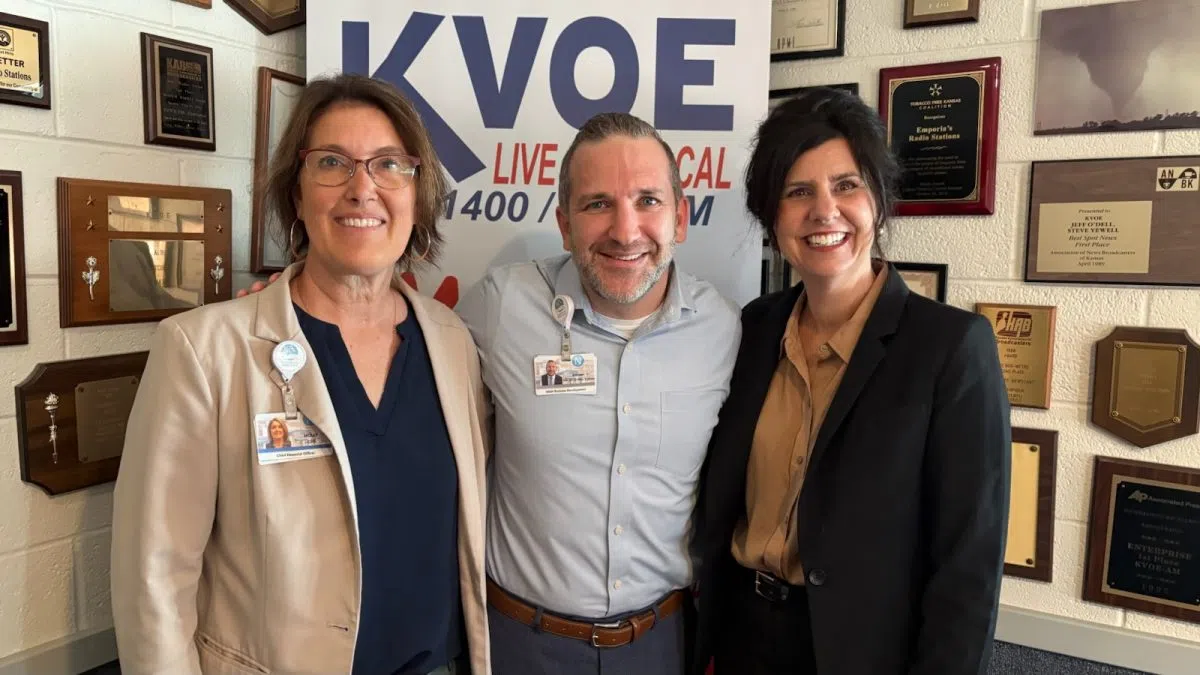Parents Call for Easier Access to Children's Mental Health Records Following Tragic Loss

The heartbreaking loss of Jessica Glasser, a teenager who tragically took her own life, has spurred her parents, Mary and David Glasser, to advocate for significant changes in how parents access their children's mental health information. They believe that doctors should be legally permitted to share details of a child’s mental health struggles with their parents, arguing that such access could have made a crucial difference in Jessica’s case.
Jessica's death in May left her family devastated. Mary and David Glasser have spoken openly about their feelings of helplessness, stating that if they had been privy to the conversations Jessica had with her General Practitioner (GP) – the information shared “behind closed doors” – they might have been able to intervene and provide the support she desperately needed. Their call for change highlights a complex and sensitive area of healthcare, balancing the child’s right to privacy with the parents’ right to know and protect their child’s well-being.
The Current System & Its Limitations
Under current confidentiality laws, doctors in the Philippines (and many other countries) are bound by strict rules regarding patient privacy. This means that, even when a patient is a minor, information shared with a healthcare professional is generally considered confidential and cannot be disclosed to parents without the child’s explicit consent. While this principle aims to protect vulnerable individuals and promote open communication with healthcare providers, it can create a barrier for parents who are concerned about their child’s mental health.
A Delicate Balance: Privacy vs. Parental Concern
The Glassers' case underscores the difficult balance between upholding a child’s right to privacy and allowing parents to fulfill their protective role. Advocates for change argue that in situations where a child is facing a mental health crisis, the potential benefits of parental involvement – early intervention, increased support, and improved outcomes – outweigh the risks of breaching confidentiality. They propose a system where doctors could exercise discretion, sharing relevant information with parents when there is a clear and present danger to the child’s safety or well-being.
Potential Solutions and the Path Forward
Several potential solutions are being discussed. These include:
- Amendments to existing confidentiality laws: Legislation could be updated to allow doctors to share information with parents in specific circumstances, such as when there is a risk of self-harm or harm to others.
- Clearer guidelines for doctors: Providing healthcare professionals with detailed guidance on when and how to share information with parents, ensuring consistency and protecting both the child and the doctor.
- Increased mental health awareness and education: Promoting open communication about mental health within families and communities, reducing stigma and encouraging early intervention.
The Ripple Effect: Supporting Other Families
The Glassers' advocacy is not just about their own personal tragedy; it's about preventing similar tragedies from happening to other families. They hope that by sharing their story and pushing for change, they can help create a system that better supports young people struggling with mental health challenges and empowers parents to play a vital role in their children’s well-being. The conversation surrounding children's mental health and parental access to information is crucial, and the Glassers' courage in speaking out has brought this important issue to the forefront.





